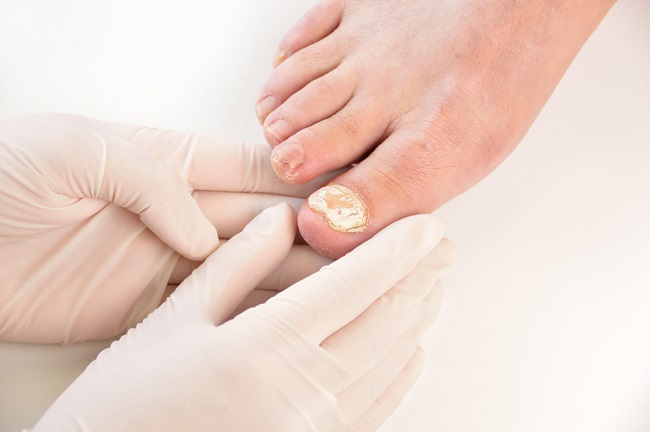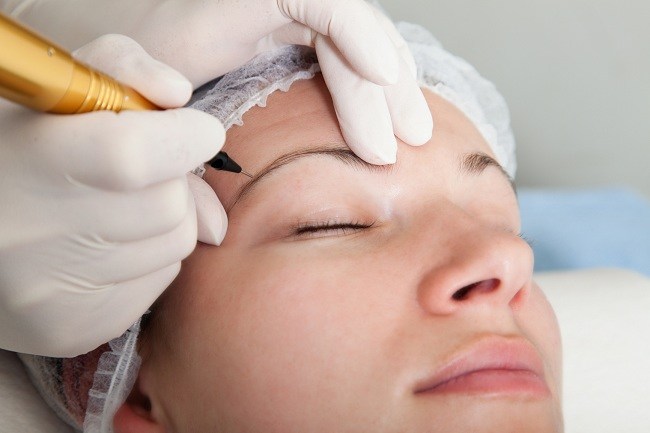Signs of a drug allergy are not just itching and rashes appearing on the skin. In certain cases, drug allergies can cause other signs or symptoms that are more serious and even potentially life-threatening if not treated immediately. In order not to be treated too late, let's recognize the signs of a drug allergy.
A drug allergy occurs when the immune system overreacts and perceives a substance or ingredients in a drug as dangerous. As a result, the body will release various inflammatory substances, such as histamine, into the bloodstream, triggering the appearance of symptoms and signs of drug allergy.

Almost all drugs, both prescription drugs, over-the-counter drugs, and herbal medicines can cause allergic reactions. Signs of drug allergy can appear shortly or within minutes after drug allergy sufferers take drugs that trigger allergic reactions.
However, in certain cases, signs of drug allergy can also appear within a few days afterward. There are several types of drugs that are known to cause allergic reactions more often, including:
- Antibiotics, especially penicillin and sulfa antibiotics
- Anticonvulsants or anticonvulsants, for example carbamazepine, phenytoin, and lamotrigine
- Pain relievers such as aspirin, ibuprofen, ketoprofen, metamizole, and mefenamic acid
- Chemotherapy drugs
- Anesthesia or anesthesia
- Antiviral drugs, for example nevirapine and abacavir
Signs of Drug Allergy and Treatment
Signs of drug allergy can be divided according to their severity, namely mild symptoms, serious symptoms, and severe symptoms that are potentially life-threatening. Here is the explanation:
Signs of a mild drug allergy
A drug allergic reaction can be said to be mild if the use of the drug only causes mild symptoms and is not life-threatening, such as:
1. Itching
Itching from a drug allergy can appear anywhere on the body, including the skin, lips, tongue, throat, and ears. Sometimes, drug allergies can also cause the eyes to feel itchy and watery.
2. Skin rash
A skin rash due to a drug allergy usually looks like red, scaly, peeling skin. The rash can appear anywhere on the body and spread to other parts of the body, with the rash varying in size.
3. Hives
Hives are generally characterized by small or large reddish bumps and sometimes accompanied by itching. Hives usually appear in groups.
4. Fever
Fever due to an allergic reaction occurs when the body experiences inflammation. Drug allergies can cause a mild fever, but sometimes it can also cause a high fever.
Drug allergies that cause fever usually subside on their own within a few days. Meanwhile, itching, skin rashes, and hives due to drug allergies can also disappear naturally by stopping the use of drugs that trigger allergic reactions.
In some cases, these symptoms need to be overcome by taking over-the-counter antihistamines.
Signs of a serious drug allergy
The following are some of the symptoms and signs of a serious drug allergy:
- Blistering and peeling skin
- Disorders in the respiratory tract, such as coughing and wheezing
- Gastrointestinal disturbances, including diarrhea, stomach cramps, and nausea and vomiting
- Impaired vision or blurred vision
- Swelling in certain body parts, such as lips, eyes, tongue, and throat
In addition, allergies can also cause other signs and symptoms that are severe, such as Stevens-Johnson syndrome or toxic epidermal necrolysis.
If you experience signs of a serious drug allergy, see a doctor immediately. To treat this condition, your doctor may prescribe allergy relievers, such as antihistamines and corticosteroids.
If your drug allergy causes wheezing or heavy breathing, your doctor may prescribe a bronchodilator medication. This medication will help widen your airways, making it easier for you to breathe.
Signs of a severe drug allergy
In some cases, drug allergies can also cause severe symptoms, also known as anaphylaxis. Although rare, severe allergic reactions can cause the following signs and symptoms:
- Hard to breathe
- Heart pounding
- Blood pressure drops drastically
- Weak and dizzy
- Tingling sensation in head, mouth, hands and feet
- Loss of consciousness or fainting
Symptoms and signs of drug allergy can appear within minutes after a person takes the allergy-triggering drug. Anaphylaxis due to drug allergy requires immediate medical attention.
If treated too late, people who experience anaphylaxis due to allergies have the potential to experience fatal complications or even death.
Treatment given for this condition is generally in the form of injections of epinephrine. Epinephrine injections work to increase blood pressure and overcome swelling in the respiratory tract, so allergy sufferers can breathe normally again.
Whatever allergic reaction that appears, whether mild or severe, you need to immediately stop using the drugs that trigger allergies and immediately seek help from a doctor.
To deal with drug allergies that you are experiencing, your doctor will advise you to stop using the drug or replace the drug with other drugs that have a lower risk of causing allergy symptoms.









